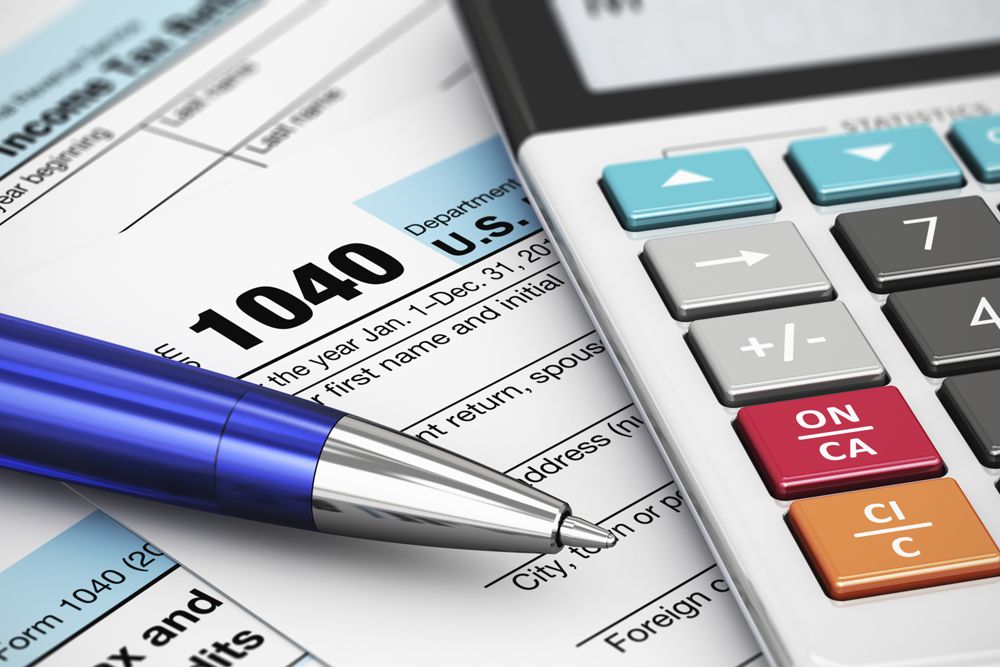🧾 How to Officially Declare Your Crypto Earnings
-

Crypto gains are exciting… until tax season rolls around. Whether you’re stacking sats, staking ETH, or grinding DeFi yields, most governments want their cut. Here’s a breakdown of how to officially declare your crypto earnings

 What Counts as “Crypto Earnings”?
What Counts as “Crypto Earnings”?Different activities = different tax categories:
Trading profits → Capital gains.
Staking / Yield farming → Income when received, gains/losses when sold.
Mining rewards → Income (fair market value at time of receipt).
Airdrops & Rewards → Usually taxed as income.
Salary/freelance in crypto → Income, taxed like regular wages.
 Track Everything
Track EverythingTax agencies expect detailed records:
Date + time of every trade.
Type (buy, sell, swap, earn).
Value in your local fiat currency.
Wallets/exchanges used.
 Tip: Tools like Koinly, CoinTracker, Accointing, ZenLedger automate reports.
Tip: Tools like Koinly, CoinTracker, Accointing, ZenLedger automate reports. Report Correctly
Report CorrectlyCapital gains → Sales/swaps/spending of crypto.
Income → Salaries, staking, mining, airdrops.
Business income → If mining/trading is your main profession.
 Local Rules to Watch
Local Rules to Watch US (IRS): File Form 8949 + Schedule D for gains, Schedule 1 for income.
US (IRS): File Form 8949 + Schedule D for gains, Schedule 1 for income. UK (HMRC): Gains + clear staking/airdrop rules.
UK (HMRC): Gains + clear staking/airdrop rules. Germany: Hold >1 year = tax-free.
Germany: Hold >1 year = tax-free. India: Flat 30% on gains, 1% TDS on trades.
India: Flat 30% on gains, 1% TDS on trades. UAE/Dubai: Currently 0% personal tax on crypto.
UAE/Dubai: Currently 0% personal tax on crypto. Pro Tip
Pro TipIf you’re getting paid from a DAO or foreign exchange, don’t forget foreign income/asset declarations. And when in doubt → find a crypto-savvy accountant.
 Bottom line: Declare everything (income + gains), track it properly, and align with your jurisdiction’s rules. Transparency now saves you penalties later.
Bottom line: Declare everything (income + gains), track it properly, and align with your jurisdiction’s rules. Transparency now saves you penalties later. Question for the community: Do you handle your crypto taxes yourself with software, or do you bring in a specialist accountant to avoid mistakes?
Question for the community: Do you handle your crypto taxes yourself with software, or do you bring in a specialist accountant to avoid mistakes? -
Great breakdown. I’ve been using Koinly for 2 years now and it saves me from the nightmare of manually tracking hundreds of DeFi transactions. What really helped was exporting everything into one CSV — CEX trades, wallets, staking rewards — and letting the software sync values to my local fiat. But even then, I still consult a tax pro once a year because some things (like airdrops with no clear FMV) get messy. My advice: use software for daily/weekly tracking, but let a human double-check the final return. It’s cheaper than paying penalties later.

















